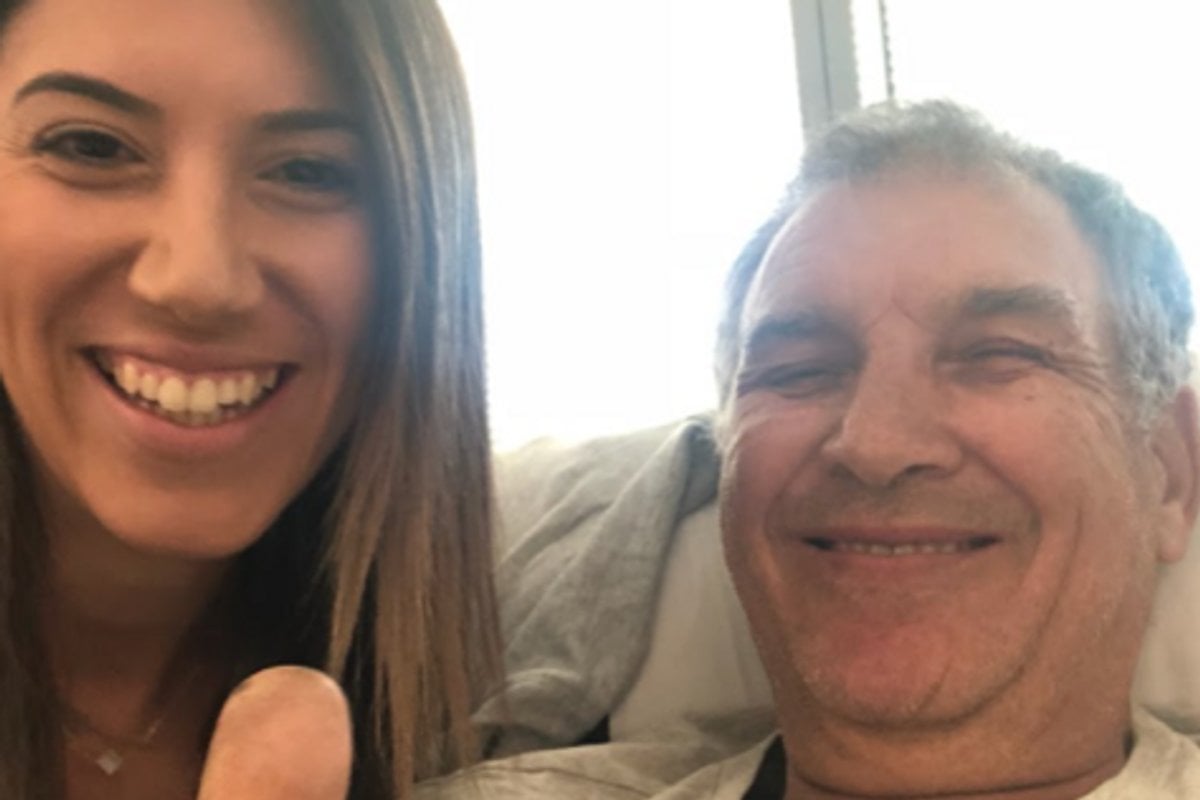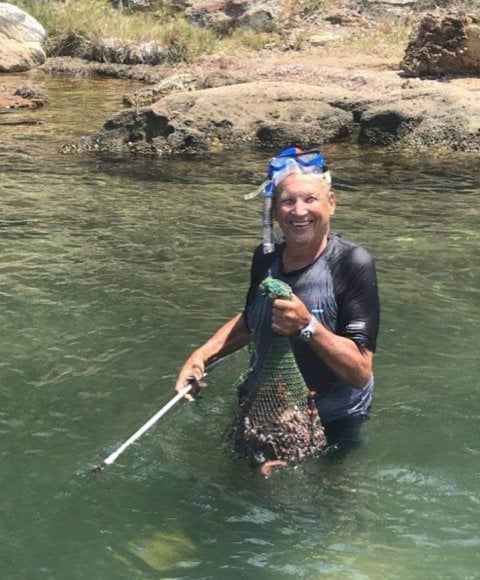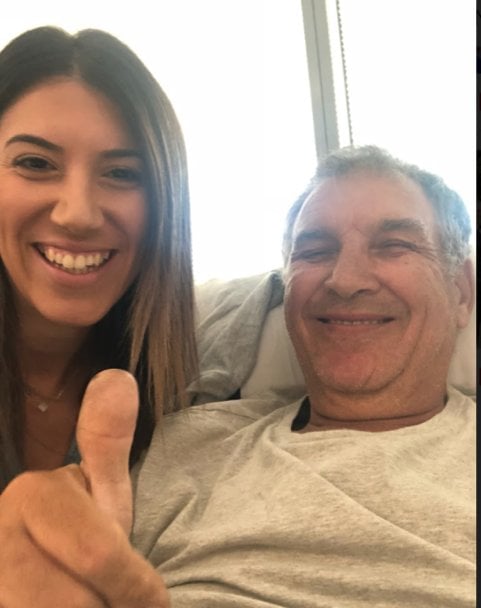
The first anniversary of the death of my courageous dad, Angelos, is coming up in September. He died from prostate cancer.
He’s not the only one, and my family isn’t alone in our grief. More than 3,000 men lose their lives to this disease every year, yet we’re not talking about it.
Women openly talk about breast checks and women’s cancers, and we wear our pink with pride, but ask men about prostate cancer awareness and they don’t know what to think or say.
Watch: Talk to your family about their health history. Post continues below.
My dad was 59 when he was diagnosed with prostate cancer in 2013. There were no obvious symptoms of cancer.
He was experiencing some discomfort going to the toilet, nothing antibiotics wouldn’t fix - or so we thought. Numerous tests later and he was diagnosed with prostate cancer - a disease that affects one in six men.
We were all in shock. It was the first time I had seen my dad so vulnerable. He was always so in control and hard working.
He emigrated from Greece at just 18 years old. He worked many years as a fitter and turner and was known to all as the go-to person to fix practically anything. He had a hand in making or fixing everything around me - fences, walls, windows, ceilings, bathrooms. You name it; he did it. He was the one we all turned to.




